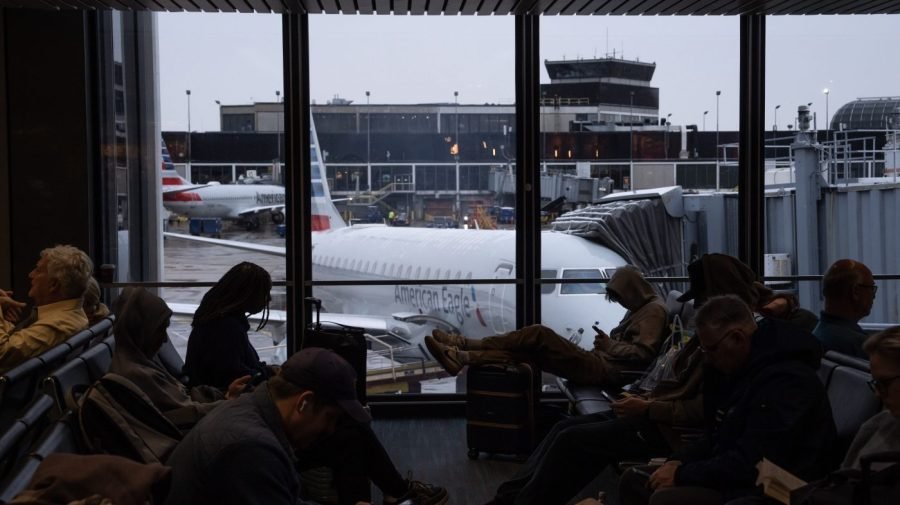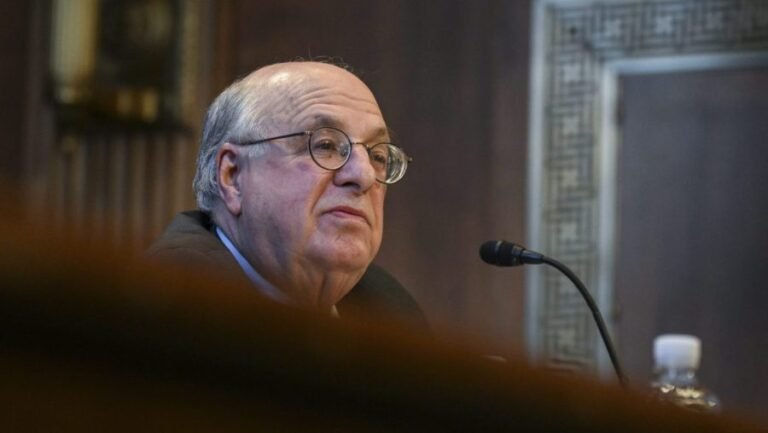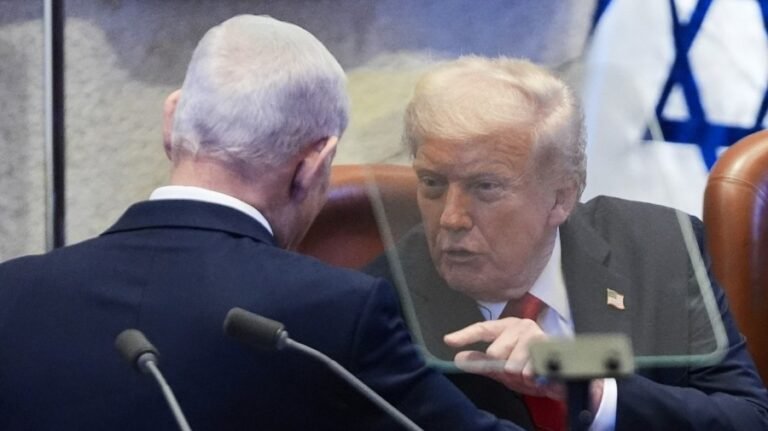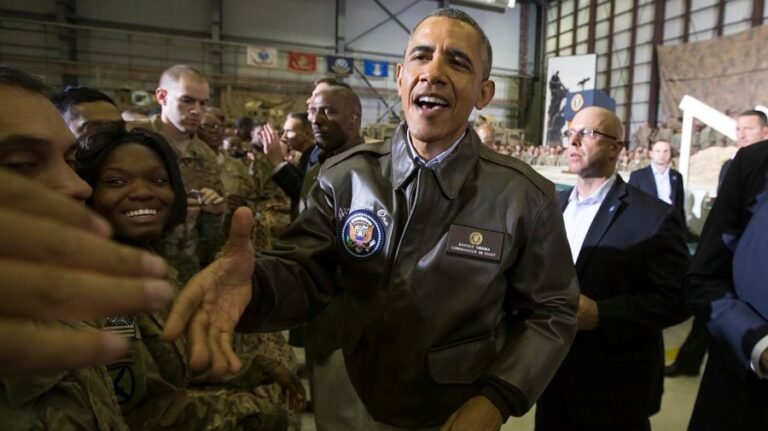
Flight reductions across American airports went up to 6 percent on Tuesday, with cancellations and delays slowly growing within the early hours.
A total of 745 flights have so far been delayed on Tuesday, with 1,180 flights canceled, according to the flight-tracking website FlightAware. These numbers do not distinguish between those caused by the FAA’s reduction and regular maintenance or weather delays.
Saturday saw a total of 1,566 canceled flights, followed by 2,953 on Sunday. Delays reached 7,545 on Saturday and 10,978 on Sunday as senators worked through the weekend to find consensus on a stopgap funding plan to reopen the government.
The Federal Aviation Administration (FAA) last week said they were lowering the number of flights across 40 U.S. airports as a means to keep travelers and workers safe amid staffing shortages as the shutdown continued.
Flight reductions are expected to increase to 8 percent and 10 percent set for 6 a.m. on Thursday and Friday, respectively.
Tuesday also marks the second consecutive time that air traffic controllers have not received a paycheck, with many working mandatory overtime. The staff shortages — which were already a problem pre-shutdown — are the result of controllers calling out of work or retiring, causing flight disruptions across the country.
New York’s John F. Kennedy International Airport was the hardest hit on Tuesday, with 55 delays and 52 cancelations, according to FlightAware. Hartsfield-Jackson Atlanta International Airport in Georgia was second with 18 delays and 28 cancelations, followed by Logan International Airport in Boston with 23 delays and 17 cancelations.
This all comes as the 42-day government shutdown drags on despite a potential end in sight with the Senate’s approval of a continuing resolution to fund the government. It now heads to the House for a vote.
Even when the record-long lapse in funding ends, Transportation Secretary Sean Duffy said last week that flight cuts will stay until the FAA sees staffing levels stabilize.
On Monday, President Trump called on controllers to “get back to work, NOW!!!” and incentivized those still working with $10,000 bonuses, while also suggesting that those who have not stayed will not receive bonuses.


